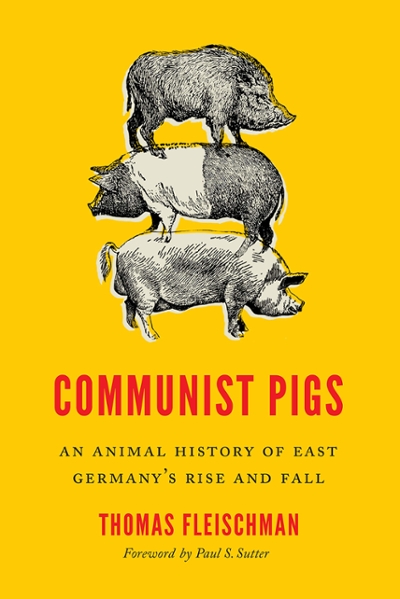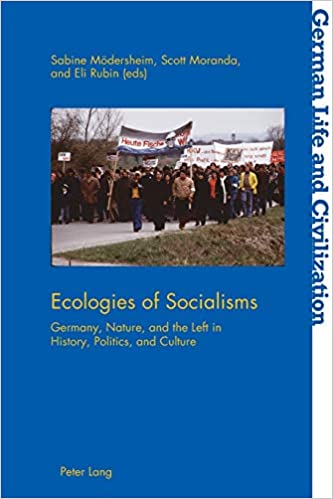
Thomas Fleischman
Associate Professor of History
Director of Undergraduate Studies
PhD, New York University , 2013
- Office Location
- 460 Rush Rhees Library
- Telephone
- (585) 275-1140
Office Hours: Wednesdays, 12-2 pm or by appointment
Research Overview
Interests: German History; Environmental History; Animal History; Agricultural History; State Socialism; Cold War
Thomas Fleischman is a historian of modern Europe, Germany, environmental history, and animals. He is the author of Communist Pigs: An Animal History of the Rise and Fall of East Germany, published in the Weyerhaeuser Environmental Books series at the University of Washington Press in 2020. He was a postdoctoral fellow in the Program in Agrarian Studies at Yale University as well as the Jordan Center for the Advanced Study of Russia at NYU. He has taught at Bowdoin College and The Cooper Union while his work has received support from the Social Science Research Council, the Mellon Foundation, the American Council of Learned Societies, the German Academic Exchange Service (DAAD), and the J. William Fulbright Program.
Graduate Research Fields
I offer the following fields for graduate research: Environmental History; German History; Modern European History. For more information on our MA and PhD programs, see our graduate program page.
I am accepting new graduate student advisees for our MA and PhD programs.
Courses Offered (subject to change)
- HIST 126: Hitler's Germany, Syllabus
- HIST 128: Postwar Europe
- HIST 219: Animal Histories
- Hist 227: Podcasting Histories:Hear UR
- HIST 263: Global History of Food, Syllabus
- HIST 327: Real Existing Socialism, Syllabus
- HIST 500: Problem's in Historical Analysis, Syllabus
Selected Publication Covers


Selected Publications
- Three Little Pigs: East Germany’s Green Revolution, 1945-2014, Weyerhaeuser Environmental Books, University of Washington Press, (2020)
- “’A Plague of Wild Boars: A New History of Pigs and People in late 20th Century Europe,” in Antipode: A Journal of Radical Geography (September 2017)
